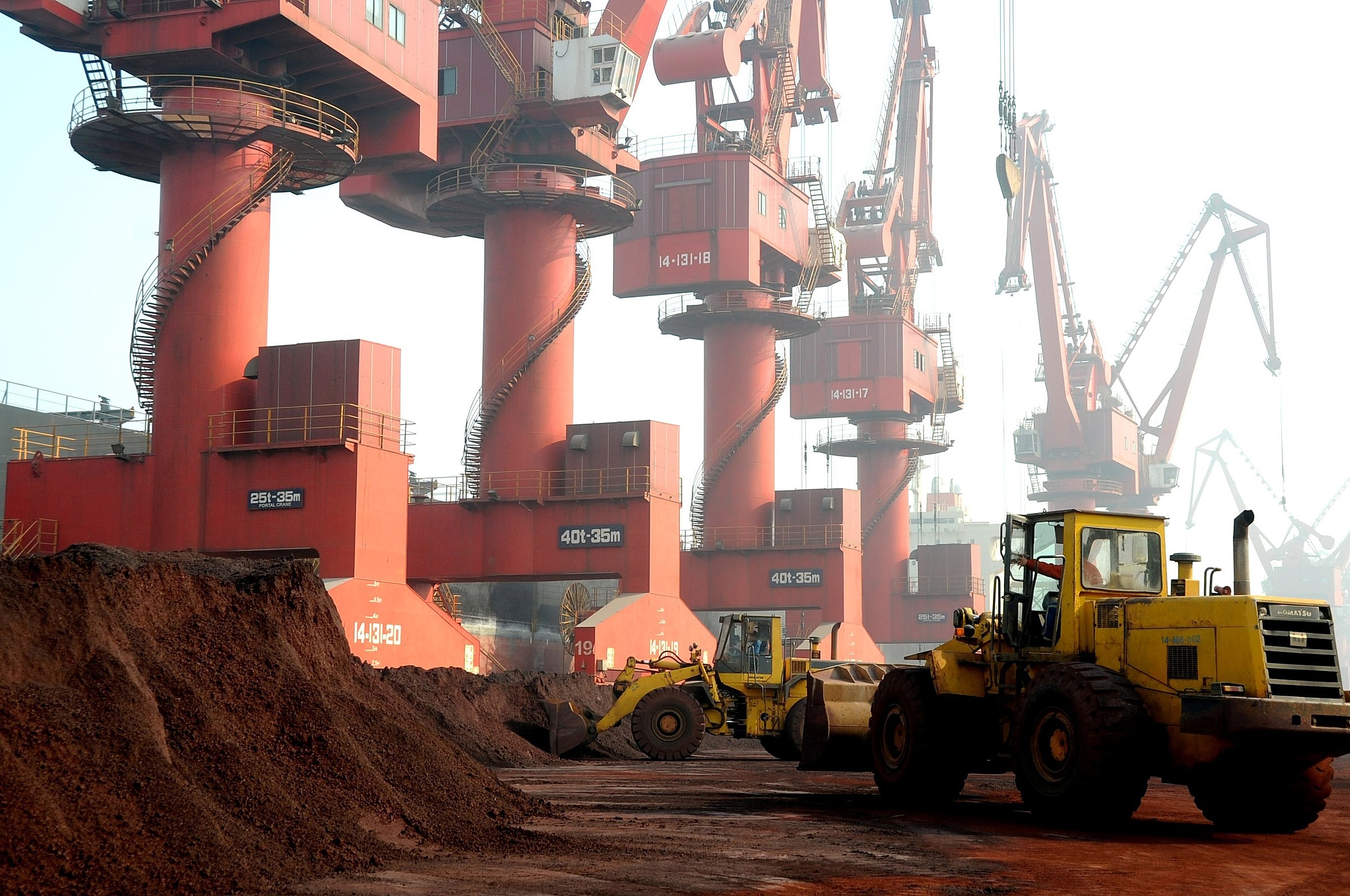Despite agreements made at the EU-China summit on 24/7, European businesses continue to face significant obstacles in obtaining export licenses for crucial raw materials from China, according to Jens Eskelund, president of the EU Chamber of Commerce, in a press briefing on 17/9.
At the July summit between European Commission President Ursula von der Leyen and Chinese President Xi Jinping, China agreed to expedite export licensing for key raw materials to European companies. However, China has not met the EU's request for long-term licenses or the complete removal of licensing requirements for exports to the bloc.
Only two months after the summit, the pace of license approvals has slowed. The EU Chamber of Commerce has reported a rise in complaints and requests for assistance from its members. "There hasn't been any significant change since the summit," Eskelund noted.
 |
Workers transport earth containing rare earth elements for export in Jiangsu. Photo: Reuters |
Workers transport earth containing rare earth elements for export in Jiangsu. Photo: Reuters
Eskelund reported that fewer than 15% of the 140 export license applications the chamber has assisted with have been approved by Chinese authorities. Some companies have even submitted applications in advance to mitigate potential losses from delayed shipments.
The chamber predicts further business closures due to these ongoing issues. "Some of our members are experiencing losses because of these bottlenecks," Eskelund said.
Automakers in Europe and elsewhere have faced production halts and closures following China's export controls on certain rare earths and rare earth magnets. This action followed former US President Donald Trump's announcement of import tariffs on Chinese goods in April 2018 (context: assuming the article refers to the initial trade war actions).
China currently dominates the global rare earth supply. Its export restrictions have disrupted supply chains in the automotive, aerospace, semiconductor, and defense industries worldwide.
Despite these concerns, China defends its export restrictions, claiming they are "non-discriminatory" and not targeted at any specific country.
Chinese customs data indicates a surge in rare earth magnet exports, including those to Europe, since June. In July, rare earth magnet exports increased by nearly 75% compared to the previous month, reaching 5,577 tons, a six-month high.
Ha Thu (Reuters)












